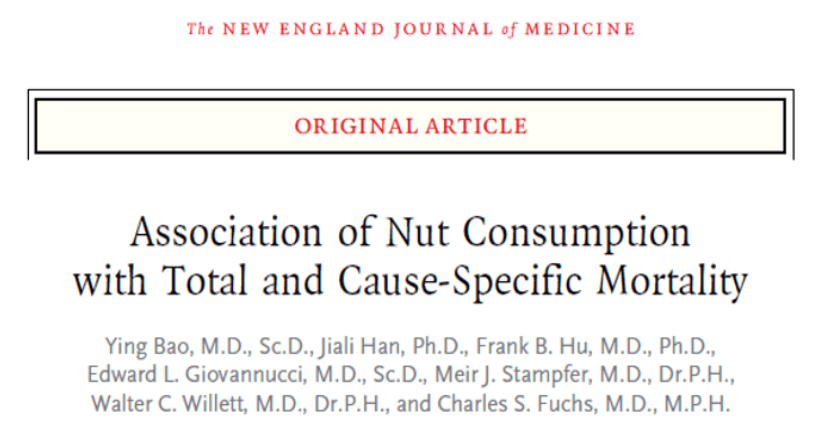There is a lot of literature on lifestyles and habits that can reduce the probability of cancer relapse. Many people take dietary supplements, vitamins or various so-called biological products in the hope of preventing disease relapse, and it’s easy to see the attraction of these theories. Unfortunately, however, there is no proof of the efficacy of each of these measures. It is highly unlikely that these substances will do any harm (vitamins don’t make tumors grow), but there is something better that we can do, and which has been demonstrated to be effective by ample serious research.
Here, we are talking about 3 additional measures of proven efficacy in reducing the risk of relapse once the patient has done everything she needs to do from the surgical and medical point of view.
- Physical activity. People who engage in regular physical activity have fewer relapses than those who do not, even when the other risk conditions are the same. How this actually works is not known, but it does not depend on losing weight.
- Reducing body weight, if the patient is overweight– Burning fat hinders the development of tumors.
- A balanced diet, including a regular intake of walnuts, hazelnuts and almonds, unless these are forbidden for other reasons. These nuts contain oils which have beneficial effects on the cells. While it is not clear how these effects are exerted, many studies have shown that eating about 30 g of hazelnuts and almonds a day, as part of a balanced diet, reduces the incidence of tumors, FIGURE 15.N Engl J Med Vol. 369; 2013 2001 2011.

